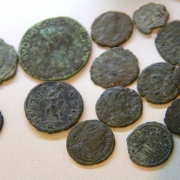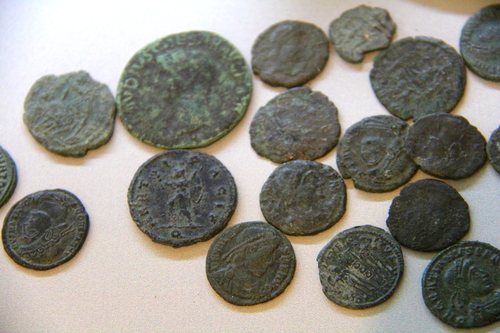Is It Right?
Then the LORD said, “Is it right for you to be angry?” (Jonah 4:4)
Dear Pastor, Preacher, or Bible Teacher –
I pray that as this comes to you on a Monday or a Tuesday after a weekend of ministry, that you are being refreshed and recharged by God. In whatever way you served God, His people, or a needy world this week, God saw what you did and how it honored Him.

There is a lot I could say about what God said to Jonah with this question. The context of it all in the book of Jonah makes it even more fascinating. But I know you are busy and hopefully will have some opportunity to rest and recharge today, so I won’t take much of your time with this.
God asked Jonah, is it right for you to be angry? God likes to ask questions, and it’s a great study to find out all the questions God asks of man throughout the Bible. God teaches through His questions, and He wanted to teach Jonah. Jonah felt justified in his anger, but God wanted him to see that not right for him to be angry.
What might God ask you today?
Is it right for you to be discouraged?
Is it right for you to be jealous?
Is it right for you be proud?
Is it right for you to be bitter?
Is it right for you to be unforgiving?
I might feel I have a reason to hold on to all of these things, and maybe more. When I think of how great God is, and how marvelous His plan is, and how good it is for me to die to self even when it is difficult, I see that it isn’t right for me to hold on to any of those things.
Dear brother or sister, don’t let the work of God in you and through you be hindered by holding on to something that isn’t right.
Blessings to You in Jesus’ Name – David Guzik
Click Here to Receive Email from David for Pastors, Preachers, and Bible Teachers












